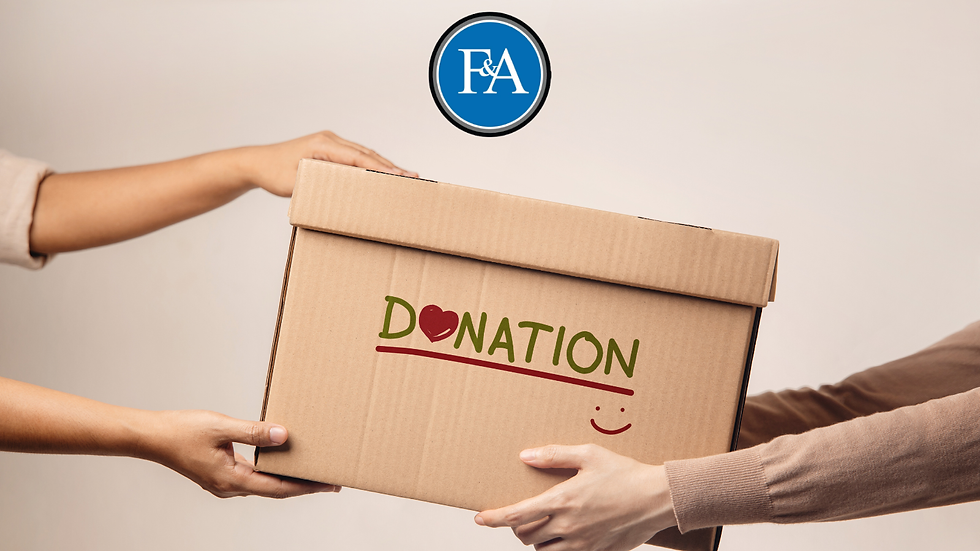IRS Clarifies That Expenses Paid With Forgiven PPP Funds Are Not Deductible
- Paul Freidel, CPA

- May 3, 2020
- 2 min read
Updated: Jul 26, 2024
May 04, 2020
Our readers know that we have been offering practical advice regarding the Paycheck Protection Program (“PPP”) that Congress created as part of the Coronavirus Aid, Relief, and Economic Security (“CARES”) Act. For instance, as our readers know, the Small Business Administration interpreted the CARES Act to require that at least 75% of expenses paid using PPP funds to be for eligible payroll costs in order for the loan to be forgivable, including building this certification into the PPP application.
Now, the IRS has clarified that while any portion of a PPP loan that is forgiven does not have to be treated as taxable income, any expenses paid with forgiven funds are not deductible. In Notice 2020-32, the IRS relied on IRC Section 265(a)(1) and 26 CFR Section 1.265-1 to reach this conclusion. Under the IRC and the regulations, expenses that are allocable to income that is tax exempt are themselves tax exempt.
So, while the CARES Act allows PPP funds to be used towards payroll costs, interest on covered obligations, covered rent obligations, and covered utility obligations—which all on their face are expressly deductible expenses—because those expenses are essentially being “reimbursed” with tax-free income, the expenses paid with forgiven PPP funds are non-deductible.
In terms of practice, this means that you will want to keep track of what you use the PPP loan funds for not only for your bank when it comes time for forgiveness but also for your accountant when it comes time to file your 2020 tax returns. The bottom line is that if any portion of your PPP loan proceeds are forgiven, whatever those proceeds were used for is not deductible. You will also want to keep a copy of any documents submitted to your PPP loan banking institution to also provide to your accountant in 2021, so that the expenses can be reduced accordingly.
There are still open questions regarding the CARES Act, such as whether any received EIDL grants will be treated as tax-exempt income. But, there are also many pitfalls to avoid, including making sure that you don’t seek double credit for reimbursed payroll tax deductions under the Families First Coronavirus Relief Act and under the PPP loan. If in doubt, you should make sure to talk to your tax and accounting professionals.



